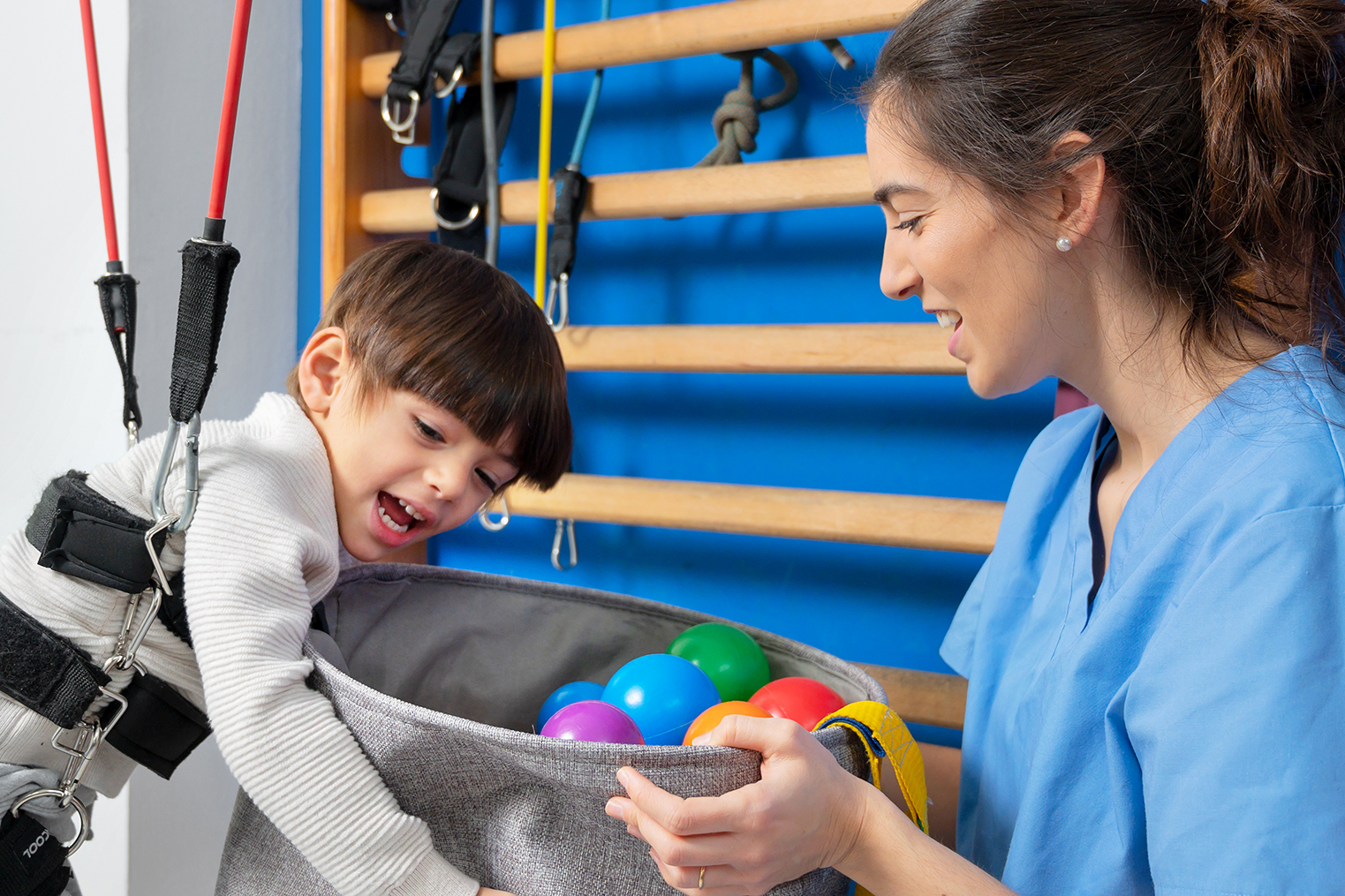Discover a range of services designed to provide compassionate and professional care in the comfort of your home.


Empowering children to develop positive behaviors and social skills.


Helping children find their voice and communicate with confidence.


Enhancing motor skills and daily living abilities for greater independence.


Supporting healthy eating habits and smoother mealtime experiences.


















Our ABA therapy supports children in building positive behaviors, social skills, and independence through individualized sessions, behavior plans, and family-centered support.

Individualized sessions with trained behavior therapists, tailored to each child’s goals and learning style.

Custom-developed plans based on comprehensive assessments, focusing on reducing challenging behaviors and teaching functional alternatives.

Targeted support to help children navigate peer interactions, communication, and everyday social situations.

We equip families with tools and strategies to reinforce learning at home and promote consistency across environments.
Our ABA program is data-driven, compassionate, and always centered on each child’s unique strengths and needs.
Our feeding therapy services help children who experience challenges with eating, swallowing, or accepting a variety of foods. We focus on creating a safe, supportive environment where children can develop the skills they need for healthy, enjoyable mealtimes.
Feeding therapy at Integrative Pediatric Therapy may address:

Strengthening the muscles used for chewing, swallowing, and safe food intake.

Supporting children with aversions to textures, temperatures, or specific food groups.

Managing mealtime behaviors and promoting positive food interactions.

Helping children move from purees to solids or improve cup and utensil use.
Therapy is provided by licensed Speech-Language Pathologists (SLPs) and Occupational Therapists (OTs) with specialized training in feeding and swallowing. We also work closely with families to create mealtime routines that support progress at home.
Our Occupational Therapy services help children develop essential life skills, improve motor abilities, build confidence in daily activities, and receive support for sensory processing challenges.
Occupational Therapy in an ABA Clinic
At Integrative Pediatric Therapy, Occupational Therapists (OTs) play a vital and collaborative role within our interdisciplinary ABA team. While ABA focuses on behavior modification and skill acquisition, OT supports a child’s ability to engage meaningfully in daily activities by addressing the physical, sensory, and developmental components of function.
In our ABA clinic setting, OTs contribute to:

Many children with Autism Spectrum Disorder (ASD) and related diagnoses experience sensory processing challenges. OTs assess and implement strategies to help children regulate their responses to sensory input, promoting better engagement in therapy and daily routines.

Occupational therapy enhances skills like handwriting, self-feeding, dressing, and coordination—critical for independence and success in both home and school settings.

OTs focus on helping children build independence in everyday tasks through adaptive strategies, environmental modifications, and skill development.

We equip families with tools and strategies to reinforce learning at home and promote consistency across environments.

Working closely with behavior analysts, OTs ensure that therapeutic approaches are aligned and that goals support the child holistically—addressing both behavior and underlying developmental factors.
Our Speech-Language Pathologists support children in developing functional communication skills through individualized therapy that enhances language, speech clarity, social interaction, and use of AAC, in collaboration with the broader care team.
At Integrative Pediatric Therapy, Speech-Language Pathologists (SLPs) are essential members of the interdisciplinary team, working alongside Board Certified Behavior Analysts (BCBAs), Occupational Therapists, and families to support the development of effective communication skills in children.
In an ABA clinic setting, SLPs focus on:

SLPs help children develop the ability to communicate their wants, needs, thoughts, and feelings—whether verbally or through alternative communication methods. This includes the use of AAC (Augmentative and Alternative Communication) systems such as PECS, communication devices, or sign language.

Therapy targets both the understanding of language (receptive) and the ability to express ideas and emotions (expressive), helping children engage more successfully in social and learning environments.

SLPs work on improving the clarity and accuracy of a child’s speech to increase intelligibility and confidence when speaking.

In collaboration with ABA therapists, SLPs support the development of conversational turn-taking, eye contact, topic maintenance, and interpreting nonverbal cues—all critical for building meaningful relationships.

SLPs and BCBAs often co-treat or align goals to ensure consistency in communication strategies across environments. This includes generalizing skills learned in therapy to natural settings such as the home, classroom, or playground.
Beginning services at Integrative Pediatric Therapy is quick and straightforward. Fill out our online intake form, and our team will reach out to guide you through the next steps.
Personalized Care for Every Child
At IPT, we understand that every child is unique. Our services—including ABA, Speech-Language Therapy, Occupational Therapy, and Feeding Therapy—are thoughtfully tailored to meet each child’s individual needs, supporting meaningful progress in a compassionate environment.

Our licensed therapists bring a depth of clinical expertise, empathy, and a passion for working with children. We build strong relationships with families to create a nurturing, empowering space where each child can grow with confidence.

We believe progress happens through strong partnerships. By working closely with parents, caregivers, educators, medical professionals, and community organizations, we provide comprehensive, coordinated support that fosters communication, independence, and lifelong skills.

We offer convenient scheduling and the flexibility of both in-clinic and home-based services, making it easier for families to access consistent, high-quality care that fits their daily routines.
